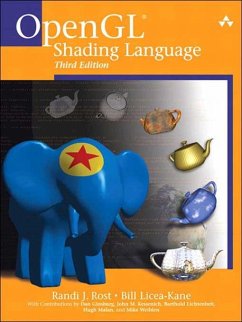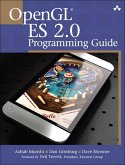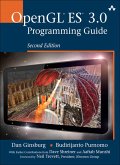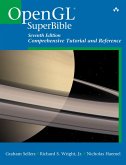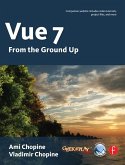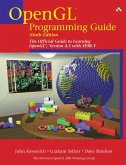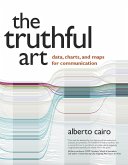In this book, you will find a detailed introduction to the OpenGL Shading Language (GLSL) and the new OpenGL function calls that support it. The text begins by describing the syntax and semantics of this high-level programming language. Once this foundation has been established, the book explores the creation and manipulation of shaders using new OpenGL function calls.
OpenGL® Shading Language, Third Edition, includes updated descriptions for the language and all the GLSL entry points added though OpenGL 3.1, as well as updated chapters that discuss transformations, lighting, shadows, and surface characteristics. The third edition also features shaders that have been updated to OpenGL Shading Language Version 1.40 and their underlying algorithms, including:
- Traditional OpenGL fixed functionality
- Stored textures and procedural procedural textures
- Image-based lighting
- Lighting with spherical harmonics
- Ambient occlusion and shadow mapping
- Volume shadows using deferred lighting
- Ward's BRDF model
The color plate section illustrates the power and sophistication of the OpenGL Shading Language. The API Function Reference at the end of the book is an excellent guide to the API entry points that support the OpenGL Shading Language.
Dieser Download kann aus rechtlichen Gründen nur mit Rechnungsadresse in A, B, BG, CY, CZ, D, DK, EW, E, FIN, F, GR, HR, H, IRL, I, LT, L, LR, M, NL, PL, P, R, S, SLO, SK ausgeliefert werden.

